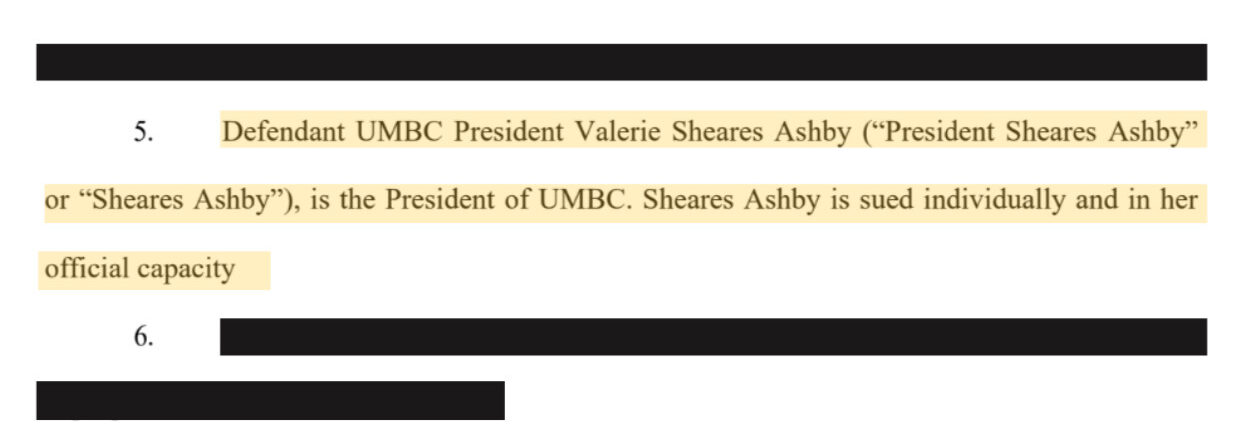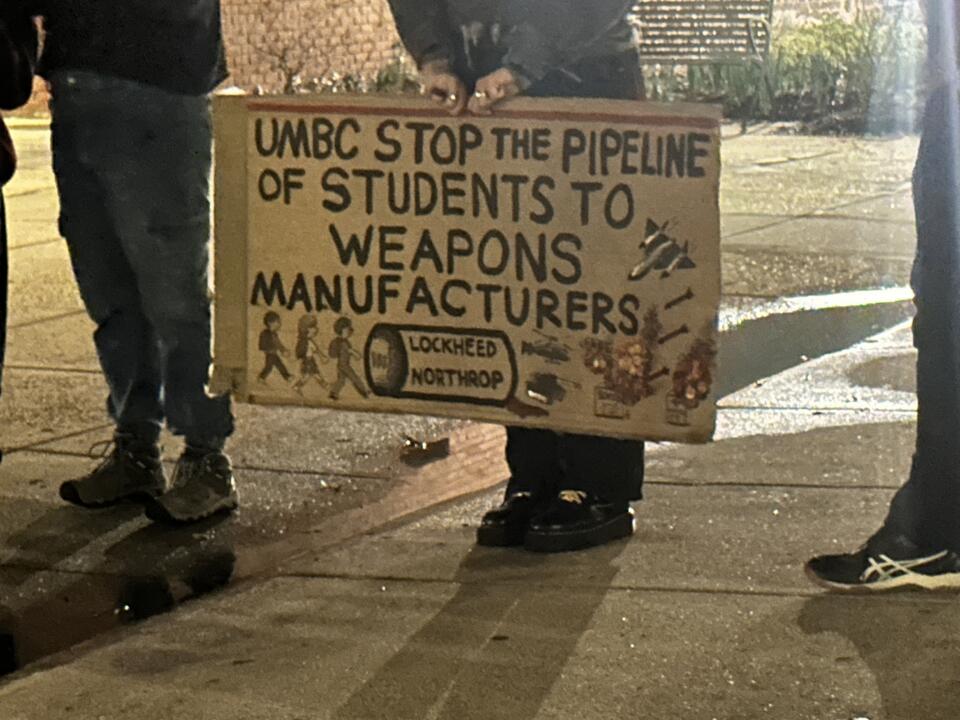Last week, the University of Maryland, Baltimore County turned National Voter Registration Day into a week-long holiday with events and information sessions sponsored by the Center for Democracy and Civic Life. Their goal is to fulfill Henry David Thoreau’s quote, “cast your whole vote, not a [ballot] merely, but your whole influence.”
While the week’s topic was voting, Director of CDCL Dr. David Hoffman emphasized that individuals cast their widest influence by using their voices and actions to effect change in conjunction with the act of voting.
“Build the community that you want to live in, talk to people in a way that builds strength over the long term. There are people in the UMBC community from different parties that want to see other people vote, reflecting the community as being inclusive to everybody regardless of perspective,” said Hoffman.
Being committed to casting one’s whole influence also expands the number of people who can participate in civic action, even when they are unable to vote.
Dr. Romy Hübler, assistant director of the CDCL, has first-hand experience with being a non-citizen in the United States.
“I didn’t have voting rights in this country, and so I looked for ways to influence my community, finding the spaces in which we do have a lot of power, and recognizing those spaces as civic spaces,” said Hübler.
The right to vote can appear as an exclusive club that negates the passion and drive that non-voters have for improving their communities. However, Hoffman and Hübler believe people do not need to hold a position or a certain status to effect change. The CDCL directors state that grassroots organizing is a potent tool to effect bottom-up change.
“Build coalitions around a common goal, not necessarily a common enemy: What is the society that we all want to be a part of?” said Hoffman.
Hoffman and Hübler said that the Retriever Essentials program exemplifies the power of casting one’s whole influence through a united community goal with organization and “strategic patience.”
“Students and staff worked together to create Retriever Essentials after one student’s observations and experiences with hunger. That student didn’t vote for something to happen, but they started having conversations, doing research, and building relationships to figure out a solution,” said Hübler. “People, independent of their citizenship, can come together to fix an issue.”
For those who can vote, doubt about the power of an individual ballot negatively impacts the number of college students nationwide who register to vote. However, as Hoffman and Hübler point out, the physical action of voting can sometimes be even more important than who is voted for. While an individual’s candidate selection remains private, whether one votes or not is a matter of public record.
They also emphasize that the Nov. 3 Election Day is more than just the presidential race, especially in a non-swing state like Maryland, because votes are extremely influential in local elections for positions like sheriff and judge.
Among colleges nationwide, UMBC has uniquely high voter turnout, with 125% more students than the national average voting in the 2016 election. Hoffman and Hübler stated that this turnout rate is a result of UMBC students’ high concentration of civic duty due to the university lying at the intersection between D.C. and Baltimore.
“Students recognize their stake in what is happening. There is a norm of engagement and a belief in the power of collective action,” said Hoffman.
Previous studies have shown that non-STEM majors vote at higher rates than their STEM counterparts. While UMBC is heavily STEM-focused, many of the policies currently being debated in the presidential race have scientific implications so Hoffman’s explained that the opposite trend might be observed.
With increased ways to vote, the CDCL recommends that students vote in whichever way makes them most comfortable. If students plan to vote absentee or mail-in, the CDCL said they should plan ahead and not wait until the deadline.
As Election Day draws closer, the CDCL plans to hold debate watch programs to continue conversations among members of the community as well as work with the American Democracy Project. To stay up to date with CDCL’s programming, visit civiclife.umbc.edu.
Written by Polina Kassir (p73@umbc.edu)

